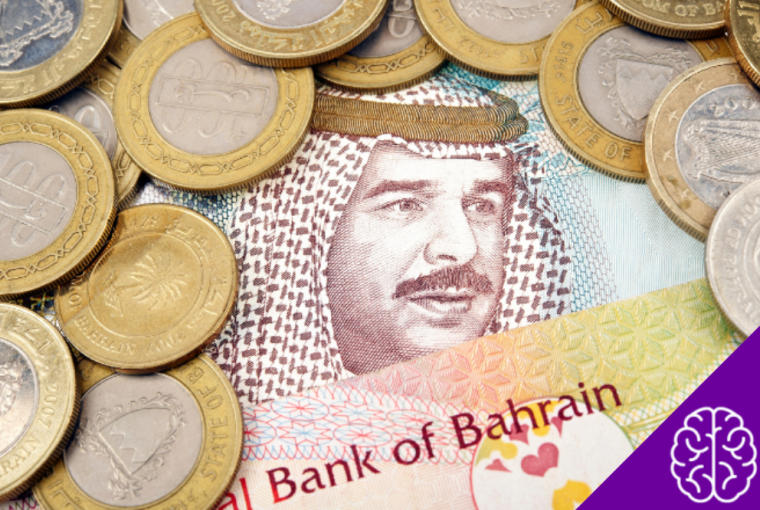Money might make the world go round, but not all currencies are created equal. Have you ever wondered which currencies hold the most value and why? While the US Dollar and the Euro often dominate global conversations, they aren’t the highest-valued currencies in circulation.
This guide in site Insight Factory is designed to take you on a fascinating tour of the world’s most valuable currencies. By understanding their value and the unique features of these currencies, you’ll gain a new appreciation for the concept of money.
Whether you’re a travel enthusiast, a collector, or simply curious, keep reading to find out which currencies are at the top of the money chain—and learn what makes them so valuable.
What Makes a Currency Valuable?
Before we jump into the most valuable currencies, it’s important to understand what determines the value of money. Here are some key factors:
- Supply and Demand
A currency’s value is influenced by the demand for it in global trade and its supply within the issuing country. High demand combined with low supply often leads to higher value.
- Economic Stability
A strong, stable economy typically translates into a stronger currency. Investors and businesses prefer currencies from countries with low inflation rates and sustainable growth.
- Natural Resources
Countries with abundant natural resources, such as oil or gold, often back their currency value on exports. This can drive up demand for their currency.
- Pegged Valuation
Some currencies are pegged to robust currencies like the US Dollar, which gives them added stability and higher value.
Now that you know what influences currency value, let’s discover the heavy hitters of the currency world!
The Top 5 Most Valuable Currencies in the World
1. Kuwaiti Dinar (KWD) – The World’s Highest-Valued Currency
- Conversion Rate: 1 KWD ≈ 3.25 USD
- Country: Kuwait
- Why It’s Valuable:
The Kuwaiti Dinar has remained the highest-valued currency for years, thanks to Kuwait’s oil-driven economy. The country is one of the world’s leading exporters of oil, and its currency is pegged to a basket of international currencies, providing stability against market fluctuations.
- Fun Fact: Kuwait’s small population and high GDP per capita make its economy and currency exceptionally strong.
2. Bahraini Dinar (BHD)
- Conversion Rate: 1 BHD ≈ 2.65 USD
- Country: Bahrain
- Why It’s Valuable:
Like Kuwait, Bahrain’s economy is heavily reliant on oil exports. The Bahraini Dinar is pegged to the US Dollar, securing its value in the international market. Additionally, Bahrain maintains strict monetary policies, preventing inflation from eroding its currency’s value.
- Fun Fact: Bahrain is an island nation in the Persian Gulf, making its economy highly dependent on international trade.
3. Omani Rial (OMR)
- Conversion Rate: 1 OMR ≈ 2.60 USD
- Country: Oman
- Why It’s Valuable:
Oman’s currency has a high value due to the country’s strong oil production and stable economy. Interestingly, the Omani Rial is divided into 1,000 smaller units called baisa, unlike most currencies that use a decimal system. This division allows for more precise transactions.
- Fun Fact: Oman actively diversifies its economy beyond oil, further strengthening its currency.
4. Jordanian Dinar (JOD)
- Conversion Rate: 1 JOD ≈ 1.41 USD
- Country: Jordan
- Why It’s Valuable:
The Jordanian Dinar holds its value despite Jordan being a resource-poor country. This is largely thanks to the Dinar being pegged to the US Dollar, a strategic move that bolsters investor confidence.
- Fun Fact: Jordan’s stable government and strategic location contribute to the currency’s strong reputation.
5. British Pound Sterling (GBP) – The World’s Oldest Currency
- Conversion Rate: 1 GBP ≈ 1.26 USD
- Country: United Kingdom
- Why It’s Valuable:
The British Pound, often simply called the Pound or Sterling, is the oldest currency still in use. The UK’s diversified and resilient economy plays a significant role in maintaining the Pound’s high value. London is also a global financial hub, adding to the currency’s prestige.
- Fun Fact: The Pound has been in circulation for over 1,200 years, making it the world’s oldest surviving currency.
Why Aren’t the US Dollar or Euro the Most Valuable?
While the US Dollar (USD) and the Euro (EUR) are among the most widely used currencies for global trade, they don’t rank as the highest in value. Here’s why:
- High Supply: Both the Dollar and the Euro are circulated in massive quantities worldwide. This high supply keeps their value lower when compared to rarer currencies like the Kuwaiti Dinar.
- Economic Considerations: Although these currencies belong to strong economies, their widespread use for trade and as reserve currencies often prioritizes accessibility over a high exchange rate.
How to Explore or Invest in Valuable Currencies
Whether you’re a traveler, investor, or currency collector, here are some tips to engage with these top currencies:
- Currency Exchange
If you plan to visit any of these countries, exchanging your money for high-value currencies can be a thrilling experience. Research current exchange rates to get the best deal.
- Forex Trading
Interested in currency trading? Consider platforms like FOREX.com to buy and sell these currencies for potential profit. Remember, trading can be risky, so knowledge of the market is essential.
- Collect Rare Bills and Coins
Currency enthusiasts often collect high-value bills and coins from around the world. Some collectible notes become increasingly valuable over time.
- Pay Attention to Global Markets
Stay informed about global economic trends that can impact currency values. Oil prices, political events, and trade agreements often play significant roles in currency fluctuations.
Discover the Stories Behind Money
From the Gulf’s oil-based economies to the historic streets of London, the world’s most valuable currencies offer fascinating insights into economics, culture, and history. The strength of a currency often reflects the story of the country that issues it, and understanding these stories can deepen your appreciation for the money in your pocket or wallet.
Want to Learn More About Finance?
Dive deeper into the world of currency, economy, and personal finance by exploring our latest articles. Subscribe to our newsletter and never miss an update!


